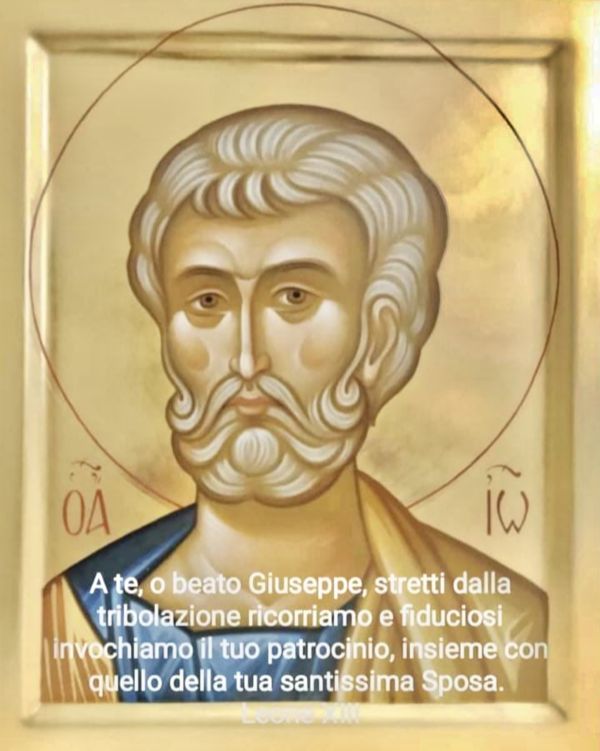In the memory of St Joseph the Worker, the liturgy uses a passage from the Gospel of Matthew.
In it, the rejection of Jesus by the inhabitants of Nazareth is highlighted, so much so that the Lord cannot work any wonders there because of their surprising incredulity.
Francis faced adversity with courage, knowing that it is inevitable for those who love the Kingdom.
The Poor Man met them everywhere, but he related to the trials by singing, because Jesus had triumphed over them.
The Sources tell of an episode that occurred near Caprignone:
"Dressed in rags, he who once adorned himself with purple garments, went out into a thicket, singing the praises of God in French.
Suddenly, some ruffians rush in on him, brutally asking him who he is.
The man of God responded fearlessly and confidently:
"I am the herald of the great King; does this interest you?".
They beat him and threw him into a pit full of snow, saying:
"Stand there, ye herald of God!"
But he, turning this way and that, shaking off the snow, as soon as the robbers are gone, leaps out of the ditch and, all joyful, resumes singing loudly, filling the forest with praises to the Creator of all things" (FF 346).
Example of courage and trust in the Lord!
Francis, whose name comes from the ancient German and means 'free', just freely continued on his way through the storms of the world.
The courage to which Jesus called, he asked for in prayer.
In the Major Legend it is narrated:
(FF 346) "The fellow citizens, seeing him bleak in the face and changed in mind, believing him to be out of his mind, threw mud and stones from the streets at him, and, shouting and clamouring, insulted him as a madman, a demented person.
But the servant of God, without becoming discouraged or upset by the insults, passed through the midst of them, as if he were deaf" (FF 1041).
«A prophet is not despised except in his own country and in his own house» (Mt 13:57)
S. Joseph the Worker (Mt 13:54-58)












